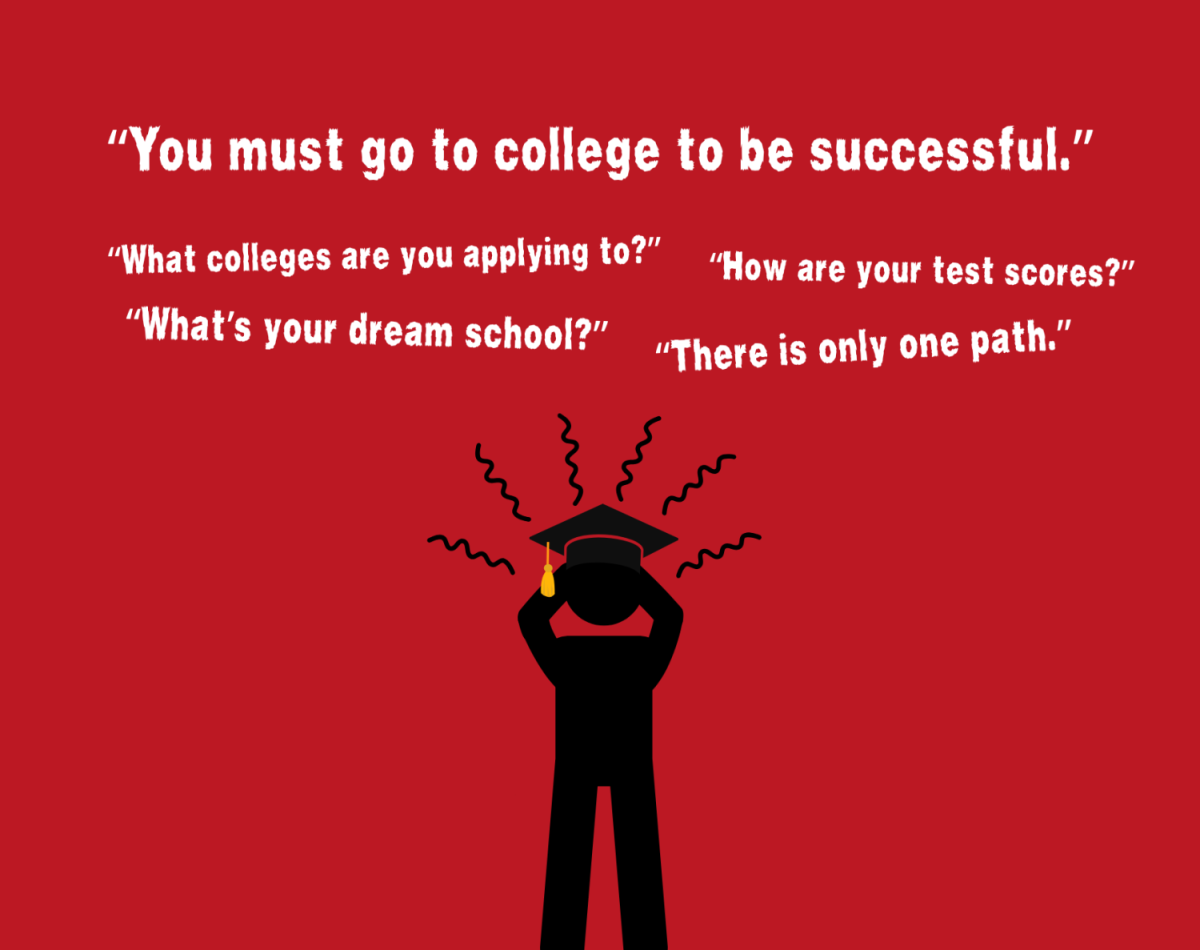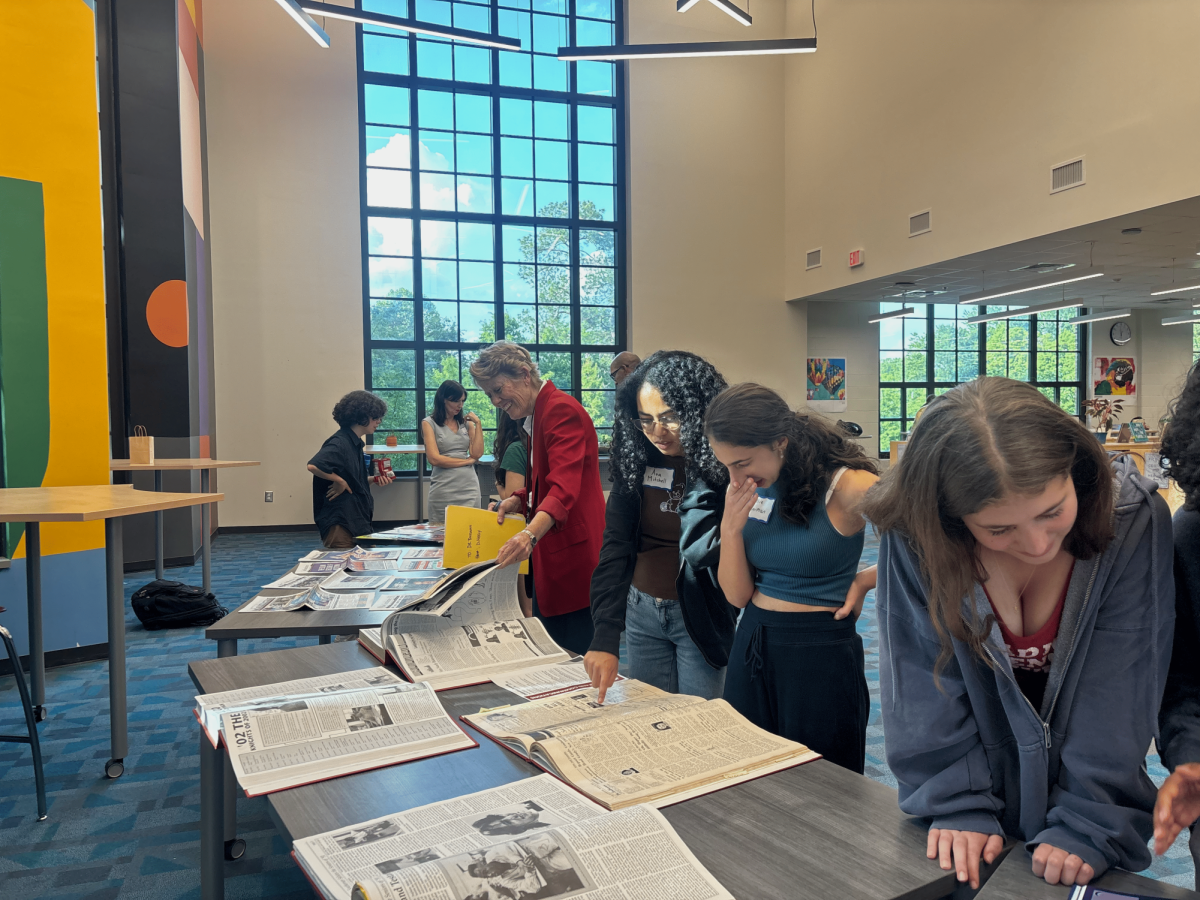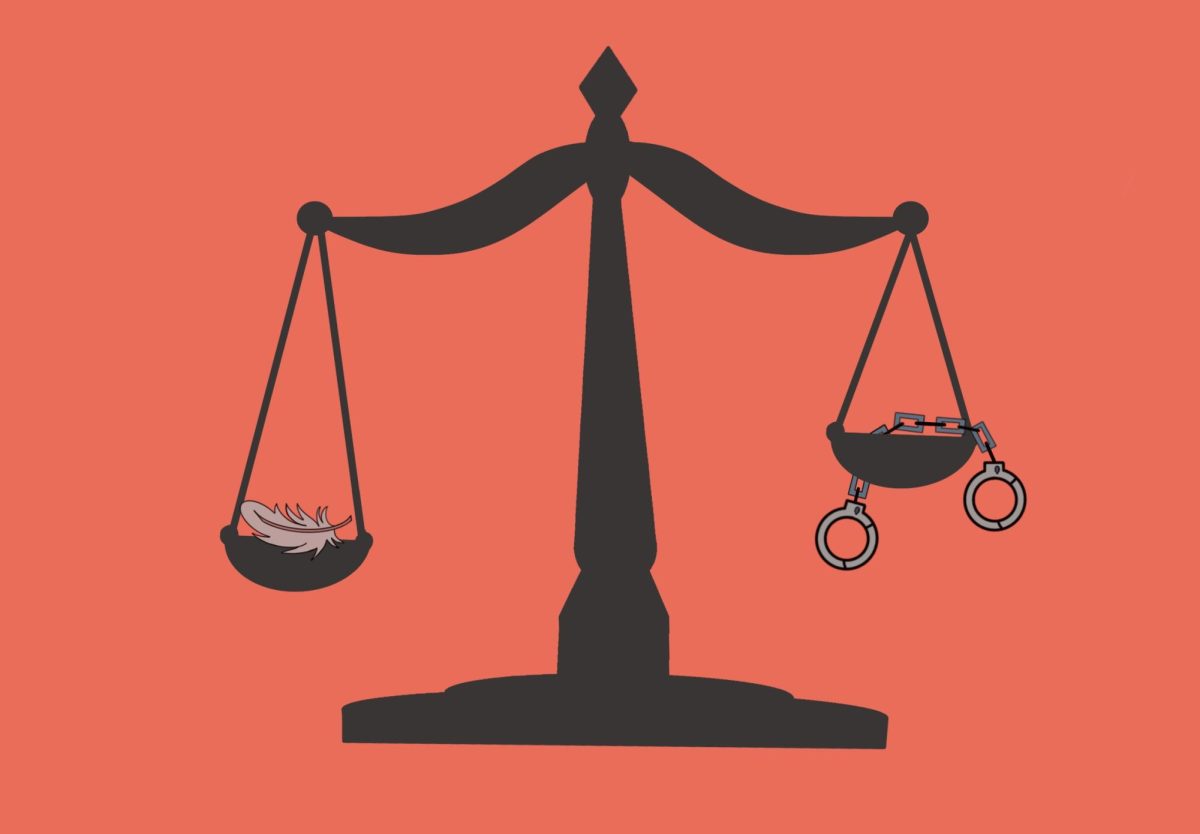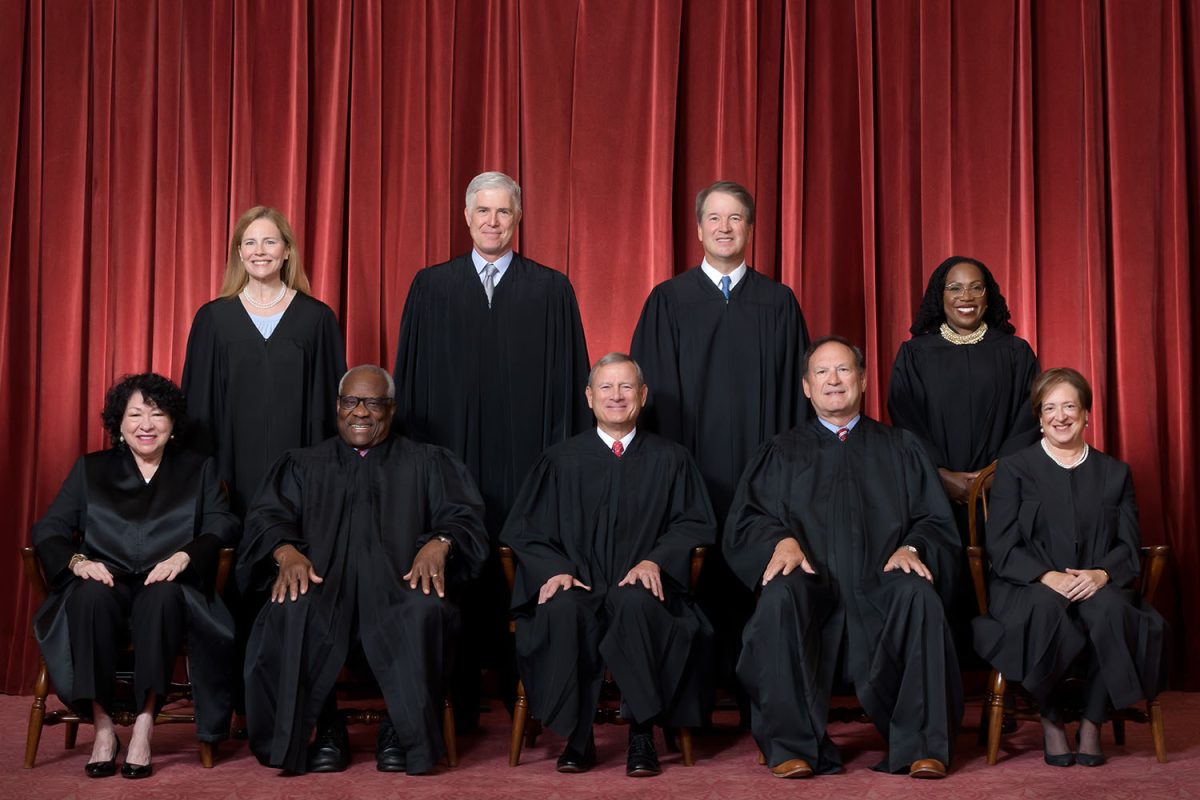By Jaleel Vaughn
School is hard enough for students and educators as they deal with the stress of work, maintaining order and keeping their sanity through the week and the seemingly smallest problems can throw everything off track. The use of technology in the classroom has become prevalent, and even in some cases, computers have more of an educating influence on students than the teacher. Work is being distributed, monitored, and can be altered for quality and checked for effectiveness online, and this is all great but with every positive there are negatives that exist. Since “student safety and quality education” is aa model that many school systems follow, efforts and procedures are put in place to prevent mishaps. But even with protective restrictions intended to help, things can still go awry.
Students as well as instructors have been found guilty of accessing recreational sites at school and this can corrupt the learning environment that is already difficult to maintain. Initially, in an effort to make the educational process safer and more productive, certain sites were restricted under the school wireless network, only enabling an administrator, such as an educator, to unlock the site, allowing them to deem a website appropriate or not. Despite the hassle for some teachers to remember their passwords and to keep students’ attention, the sign-in process was conducted, and teachers could proceed with the instructional lesson plan. Accessing chat rooms, playing online/ video games, and watching inappropriate or un-educational YouTube videos are among the vices of some students and staff. Nonchalant instructors sometimes allow students to browse the internet as they please with very little, if any, oversight. Some teachers allow the streaming of unapproved movies and media content. These few, rogue instances, were enough to prompt higher restrictions. Despite these instances, educational content was used by some students to research and complete assignments. Students used the unlocked content to access history information, vocabulary origins, image assignments, and some considered borderline educational related information, like explicit history and political satire. But now the heightened security has crippled them.
Recently, the option for educators to sign into restricted websites was revoked and administrators no longer had the option to access, in most cases, websites they needed to conduct class. Journalism and media-based instructors that especially oversee news departments, rely on social media websites like Facebook, Twitter, YouTube, etc. to post, upload and complete things, such as online news, projects, newspapers, and assignments. The permission to bypass the restrictions being voided, severely hindered teachers’ lessons and plans, because they couldn’t conduct their normal schedule and had to find alternate tasks and methods to accomplish their goals. “I can’t get as much done anymore,” Grady special education teacher Andrea Leslie said.
The reason for these restrictions was teachers’ unreliability to be responsible for their user names and passwords, said APS technician Jamal Tousant. The effect, however, restricts work from getting done and interrupt the learning environment.
Teachers can no longer use the technology utilized in the past and are unsure about how to conduct class as they scramble for paper and pencil activities, busy work, or nothing at all. Some have appealed to the technology branch of the system, but as heard from video production, journalism, mathematics, and science instructors, their requests have fallen on deaf ears and nothing has been done or resolved. Seeing as this policy will linger, educators and students are forced to live, teach, and work with the restrictions in place.






